People
Faculty
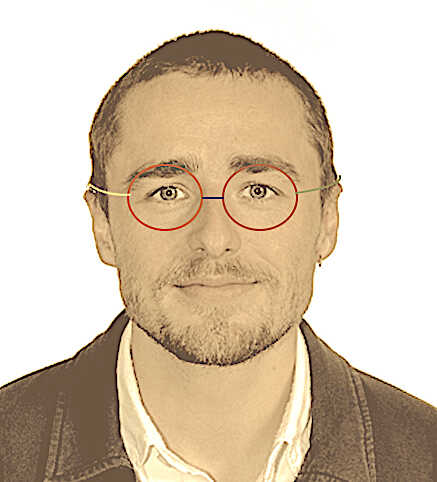
Christopher Barrie
Christopher Barrie is Lecturer in Computational Sociology at the University of Edinburgh. He specializes in the study of protest, conflict, and communication. He is particularly interested in advancing the use of use digital trace, news, and communications data to study populations that have traditionally been 'hard-to-reach' in the empirical social sciences.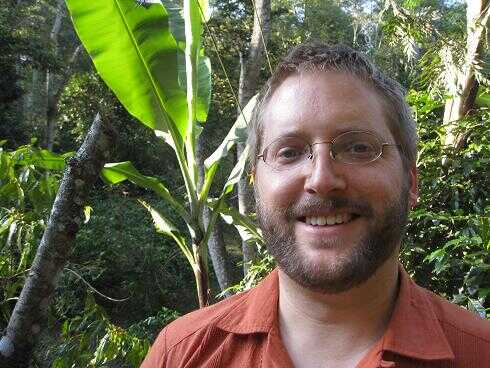
Tod Van Gunten
Tod Van Gunten is a comparative economic and political sociologist with interests in social networks, development, organizations, globalization, the sociology of knowledge and professions, and sociological theory. His empirical research centers on elite political networks and the economic sociology of financial institutions, particularly in Latin America.
Aybuke Atalay
Aybuke Atalay is a PhD student based in the School of Social and Political Science at the University of Edinburgh. She is particularly interested in the role of automated accounts (i.e. bots) in social media manipulation and online disinformation in hybrid regimes. She is currently investigating bots in the Turkish Twittersphere.Speakers
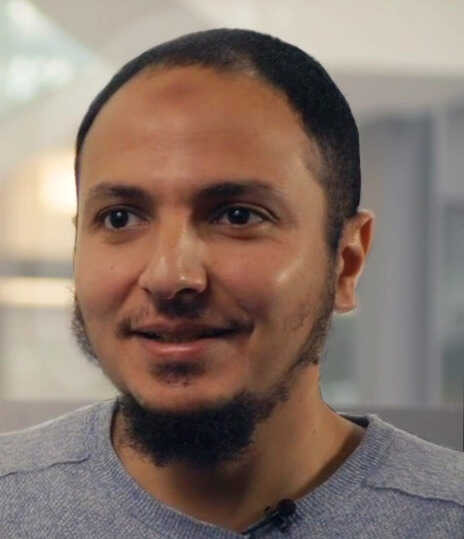
Walid Magdy
Walid Magdy is a faculty member at the Institute for Language, Cognition and Computation (ILCC), part of the School of Informatics, the Univeristy of Edinburgh. He is also a faculty fellow at The Alan Turing Institute. His main expertise is in computational social science, data mining, and natural language processing. He holds a PhD degree from the School of Computing, Dublin City University (DCU). He has a large industrial background from working earlier for Qatar Computing Research Institute (QCRI), Microsoft, and IBM.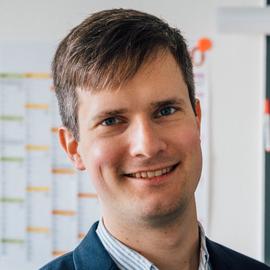
Björn Ross
Björn Ross is a Lecturer (Assistant Professor) in Computational Social Science at the University of Edinburgh School of Informatics, in the Institute for Language, Cognition and Computation. In his research, he primarily uses computational methods from agent-based modelling, natural language processing and social network analysis to study social media and related technologies. A key focus of his research is to explore different aspects of social media, such as misinformation, hate speech, and the malicious use of automation (bots), as well as how social media can be used effectively for social good, such as in crisis communication.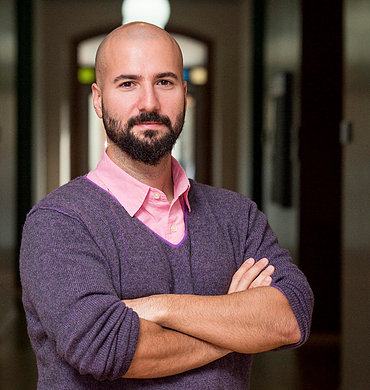
Akın Ünver
Akin Unver is an associate professor of International Relations at Ozyegin University, specializing in conflict research, computational methods and digital crisis communication. He is a fellow of Carnegie Endowment's Digital Democracy Network and serves as a member of TikTok's MENA-T Security Advisory Council. Previously he served as a Research Associate at the Center for Technology and Global Affairs, Oxford University and a Senior Research Fellow at GUARD (Global Urban Analytics for Resilient Defence) at the Alan Turing Institute. He is the author of ‘Defining Turkey’s Kurdish Question: Discourse and Politics Since 1990’ (Routledge Series in Middle Eastern Politics). He is the Istanbul organizer of the Summer Institute in Computational Social Science (SICSS) and the founder of the Istanbul Twitter Developers' Community.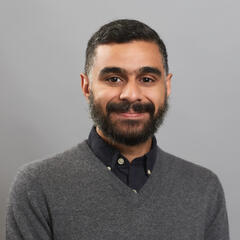
Abdullah Almaatouq
bdullah Almaatouq is a computational social scientist and Assistant Professor at the MIT Sloan School of Management. His research focuses on improving cooperation, coordination, and collective intelligence in decision-making systems, such as teams, committees, crowds, markets, and elections. Abdullah also explores ways to advance social and behavioral research methodology through innovative research designs and theory-building strategies, with the ultimate goal of developing a deeper understanding of collective decision systems and how to design them effectively in various contexts.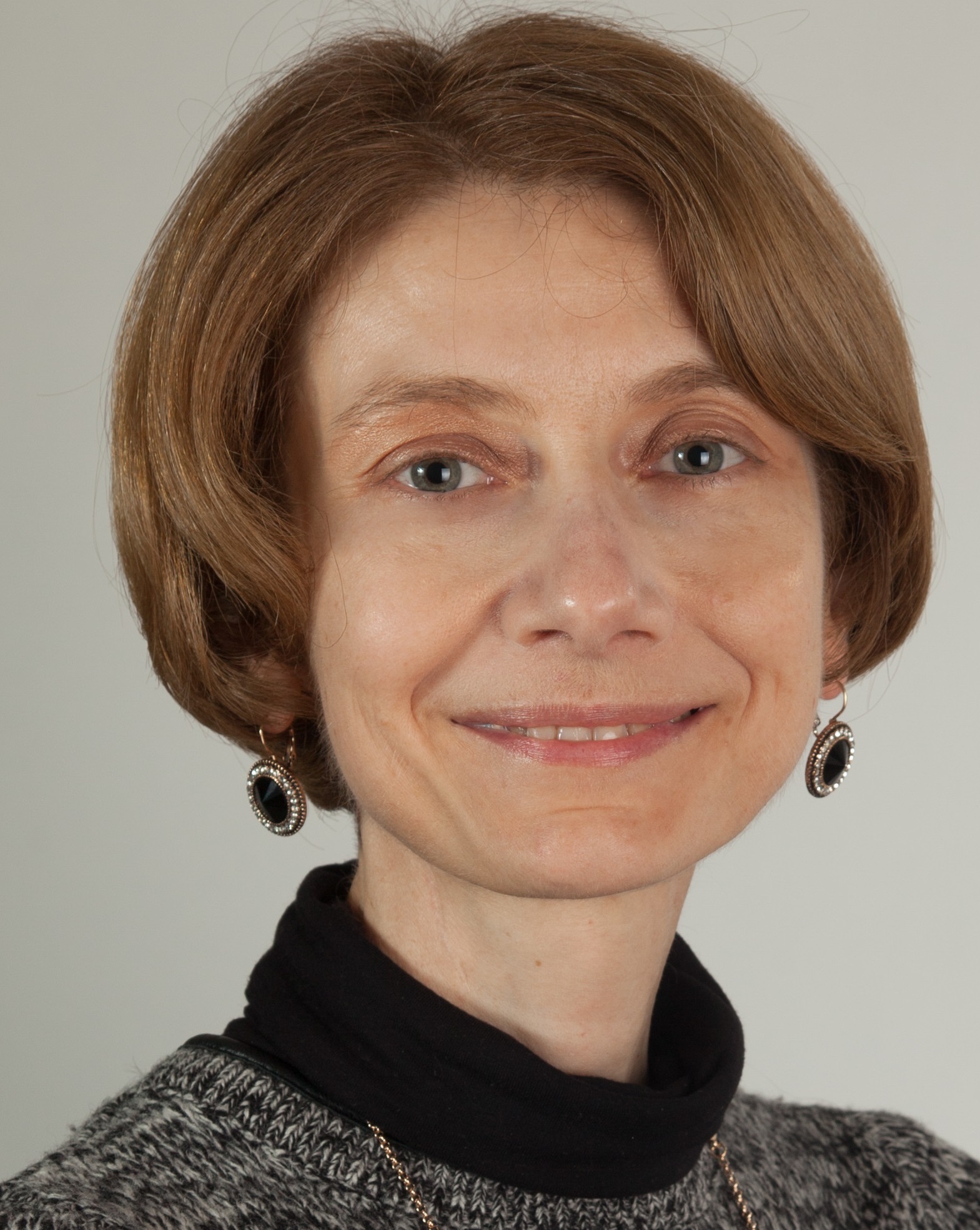
Paola Tubaro
Paola Tubaro is Research Professor in sociology and technology at the National Centre for Scientific Research (Centre National de la Recherche Scientifique, CNRS) on the Paris-Saclay campus. She was previously a Reader in economic sociology at the University of Greenwich, London. Her research is inter-disciplinary and leverages synergies between sociology, network science, machine learning and artificial intelligence. She is currently researching the place of human labour in the global production networks of artificial intelligence, and the social conditions of digital platform work in French- and Spanish-speaking countries. She has also extensively published in the fields of data methodologies and research ethics.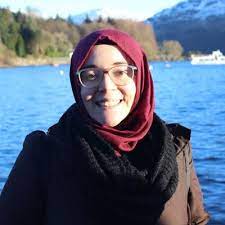
Dilara Keküllüoğlu
Dilara is a Research Associate (Postdoc) at School of Informatics, University of Edinburgh in Scotland, UK. She is currently working on a Responsible AI project where she aims to make socio-technical organizations answerable for the automated actions they take where these actions can harm people. Her research interests are responsible AI, privacy on social media, human computer interaction, computational social science. She has a PhD from School of Informatics, University of Edinburgh with a thesis titled “Analysing Privacy in Online Social Media” (Supervised by Walid Magdy and Kami Vaniea). Her PhD focused on privacy on social media, especially unintended disclosures and user understanding of privacy controls.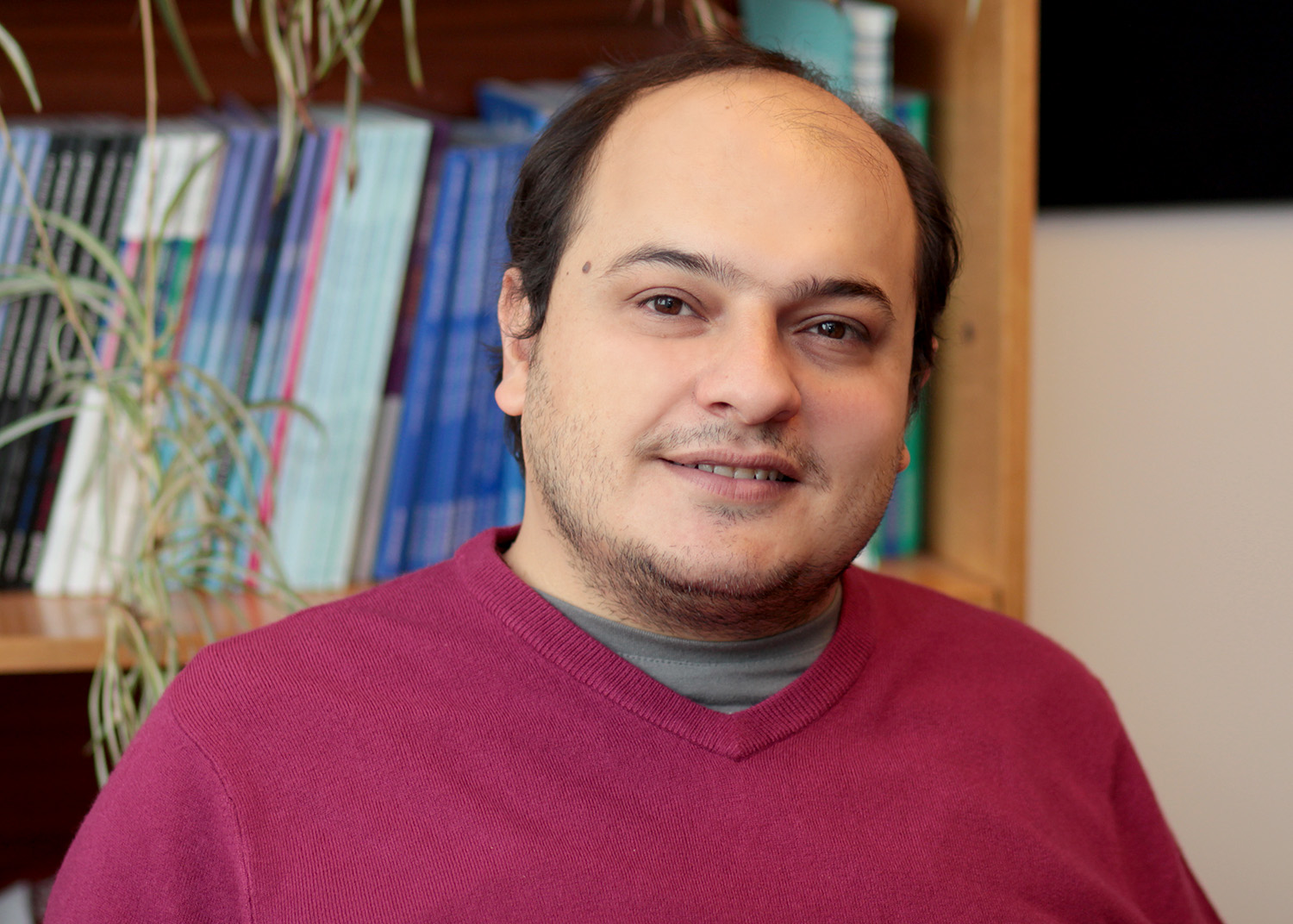
Ugur Ozdemir
Ugur is a Lecturer in Quantitative Political Science at the University of Edinburgh. His research interests include comparative political behavior, formal models of electoral politics, and quantitative methods. He is a dedicated advocate of bridging the gap between theoretical modeling and empirical analysis.Teaching Assistants
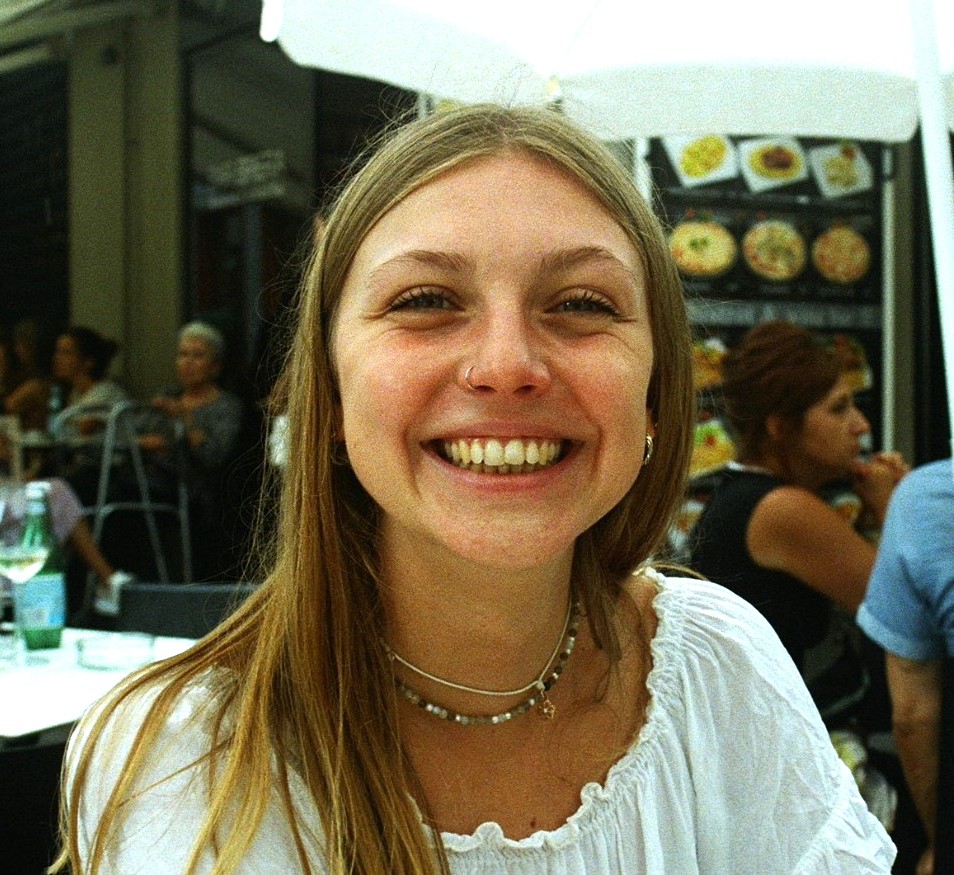
Lara Dal Molin
Lara is a PhD student in Science, Technology and Innovation Studies and Sociology at the University of Edinburgh, part of the joint programme in Social Data Science with the University of Copenhagen. Her research interests concern the intersection between Artificial Intelligence, language and gender, which she investigates through the social study of GPT language models. Lara also co-coordinates the AI Ethics and Society group at the University of Edinburgh and is a tutor in the Schools of Social and Political Science and Informatics.Participants
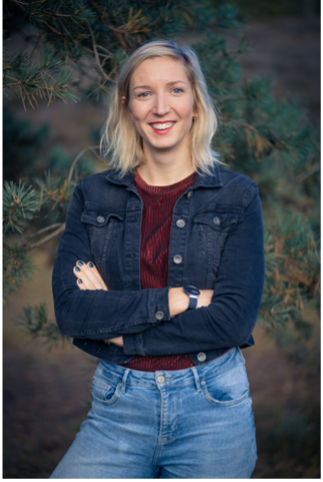
Inge Stortenbeker
Inge Stortenbeker is a postdoctoral researcher at Radboud University Nijmegen, the Netherlands. In her current research, she focuses on news media reports and online discussions about public cancer screening programmes, using quantitative content analysis and computational methods.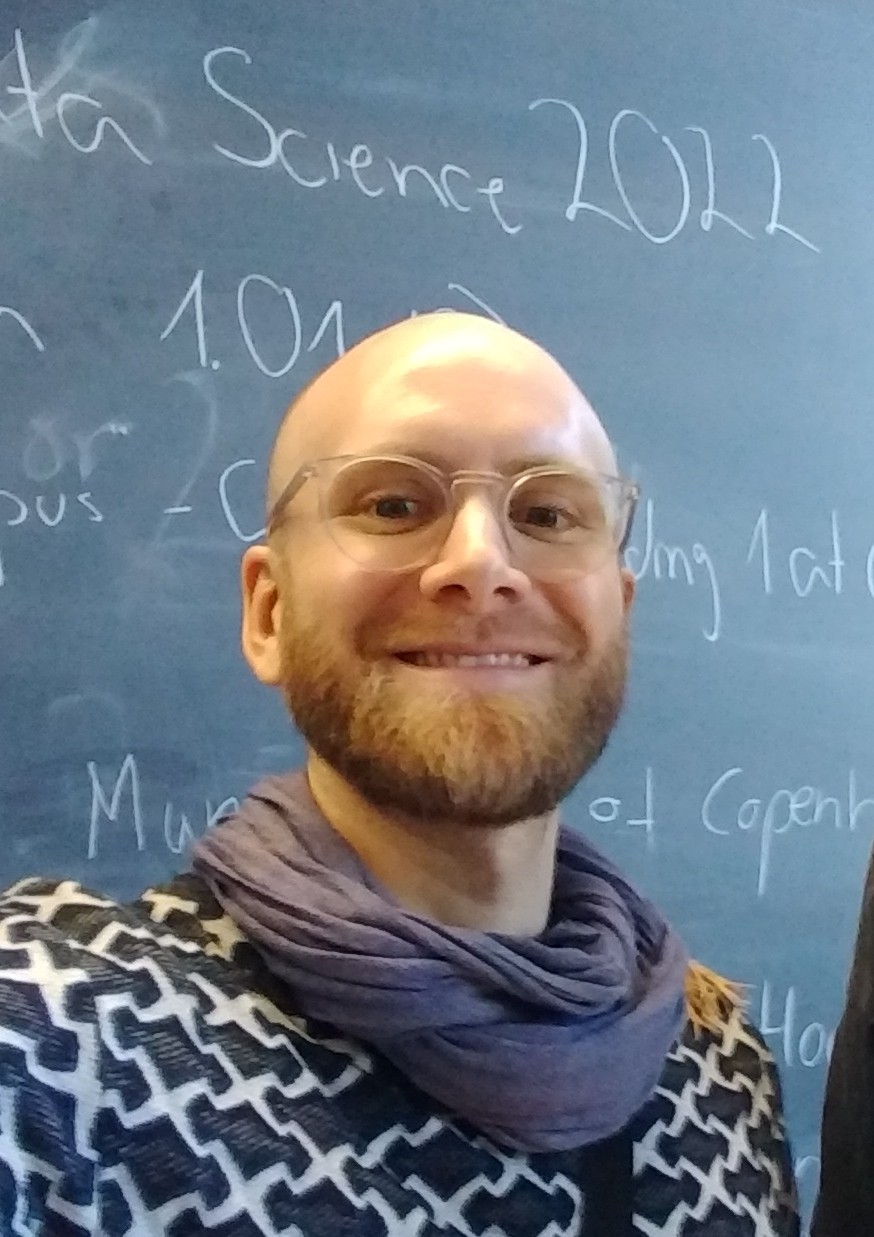
Simon Ullrich
Simon Ullrich is a PhD student at the University of Copenhagen's Center for Social Data Science. He studies controversies around the green energy transition in a research approach that combines digital methods, SNA, and netnography.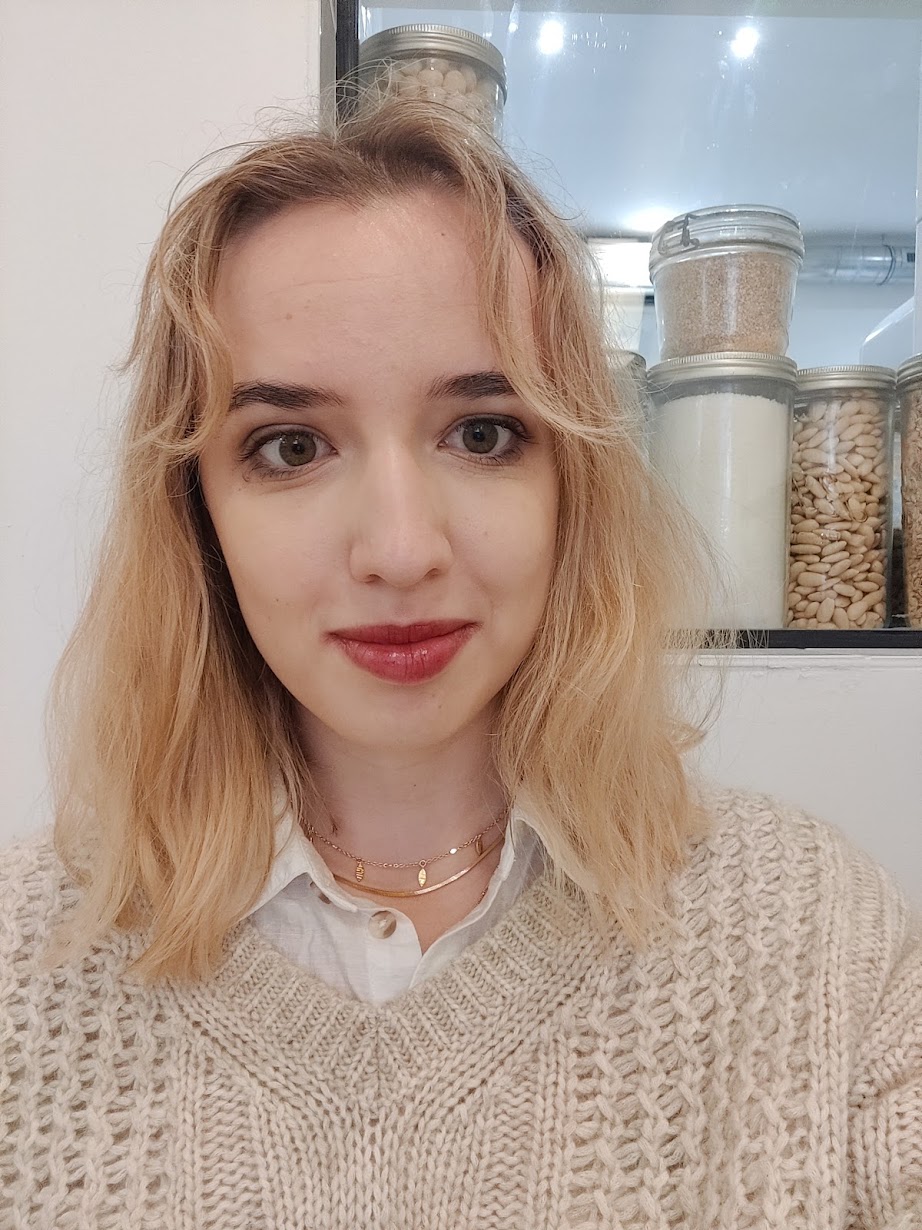
Darja Wischerath
Darja Wischerath is a PhD candidate at the University of Bath. Her research explores how belief in conspiracy theories can lead to violence and violent extremism through the mediating factors of psychological needs, social networks, and ideological narratives. They primarily use online text data and text mining for their analyses.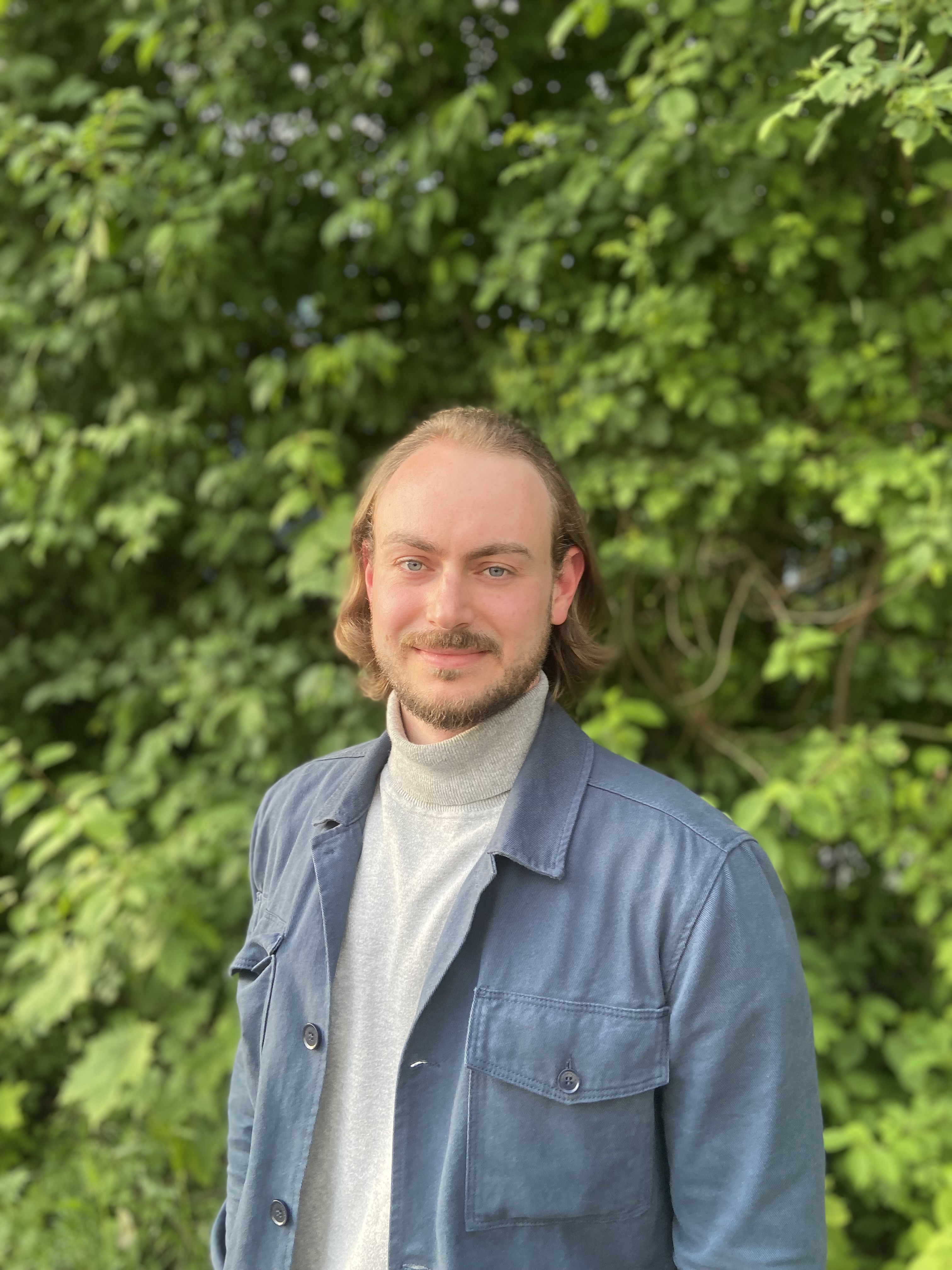
Maurice Schumann
Maurice P. Schumann is PhD candidate at the Hertie School in Berlin. His dissertation focusses on repression and technology in electoral autocracies. He is also interested in violence dynamics in civil wars. Before starting his PhD, he worked as Consultant at the UN and as Research Assistant at Uppsala University.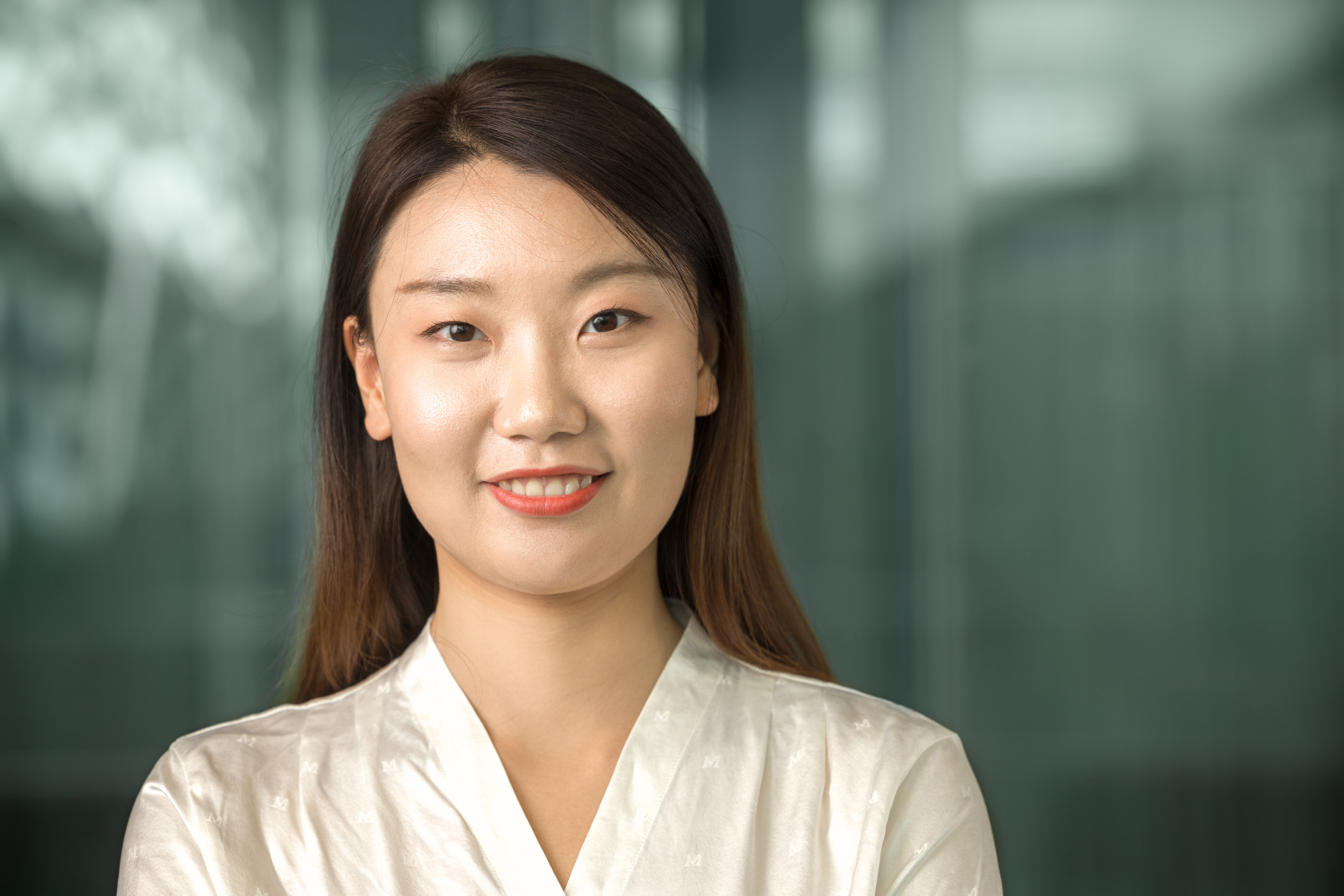
Yuan Zhang
Yuan Zhang is a PhD student in Media and Communication Science at the University of Zurich. Her research focuses on the spillover effects of online incivility to offline political activism. She seeks to use computational techniques, such as natural language processing and network analysis, to solve social science problems. - Fabio Carrella.JPG)
Fabio Carrella
Dr. Fabio Carrella is a Senior Research Associate at the School of Psychological Science of the University of Bristol. He is a member of TeDCog, a research group that studies pressure points between human cognition and online technologies. His current interests concern misinformation and political discourse analysis through computational methodologies.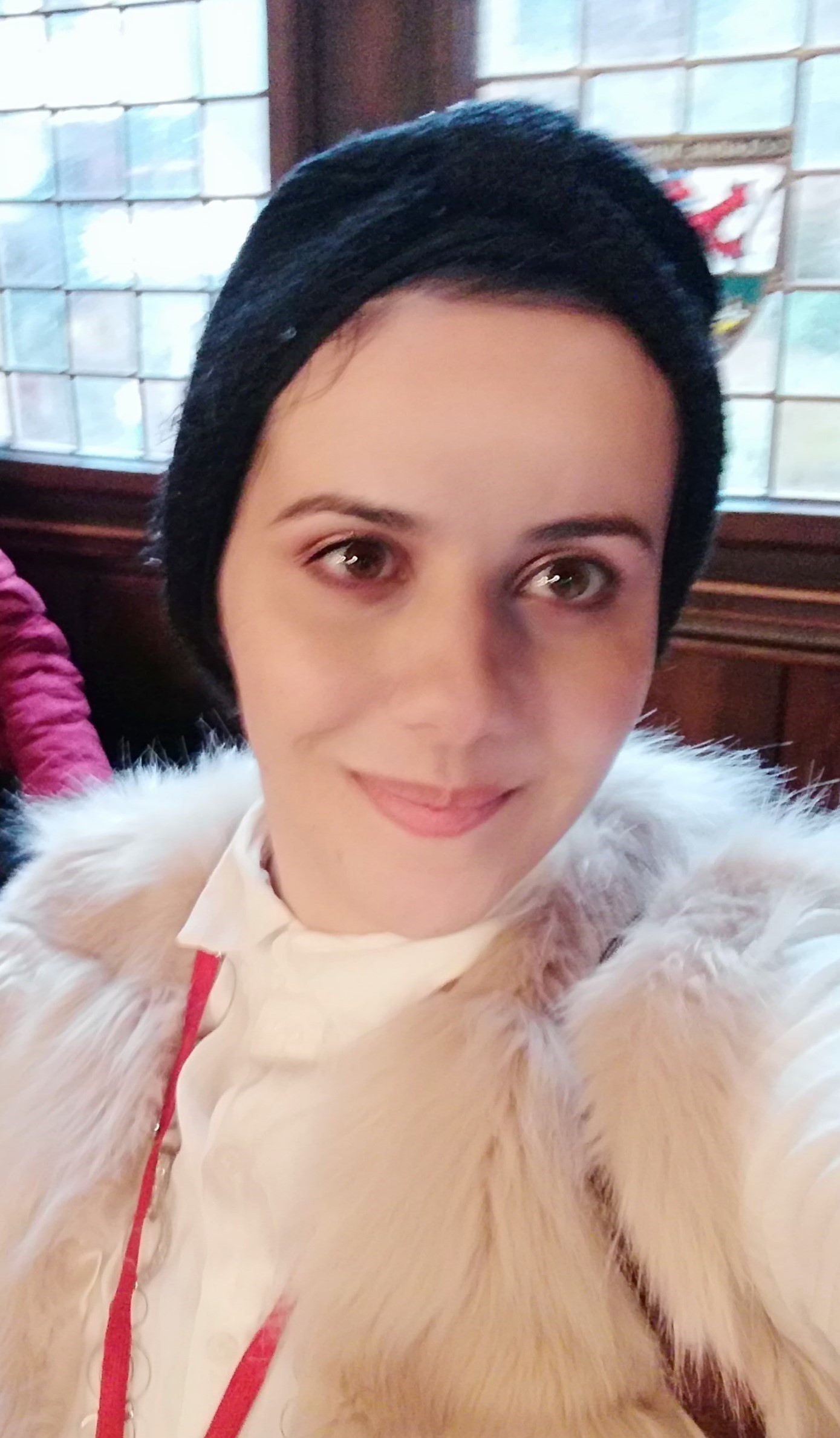
Lubna Amro
Lubna Amro is a postdoctoral researcher at TU Dortmund University on the project From Prediction to Agile Interventions in the Social Sciences (FAIR). Her research focuses on developing and applying statistical methods for multivariate data with robust properties even in the case of heteroscedasticity, small sample sizes, and missing values. - Erin Walk.JPG)
Erin Walk
Erin Walk is a PhD Candidate in Social and Engineering Systems at MIT. Her work focuses on using social media and other data sources to understand conflict and support hard to reach populations, with projects examining narratives around violence and refugee return in Syria and polarization in the US.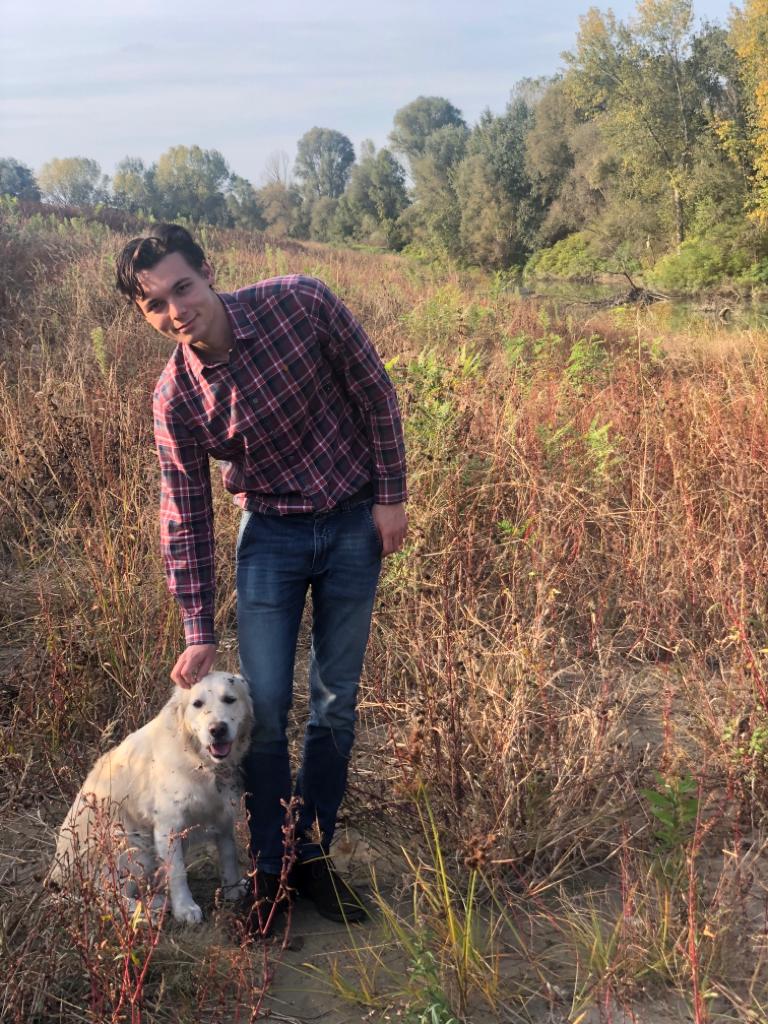
Alberto Arletti
Born in Modena, I first studied psychology and neuroscience both in Italy, Padua and the U.K., UCL. Now, I am pursuing a PhD in statistical science at the University of Padua specialising in non-probability samples.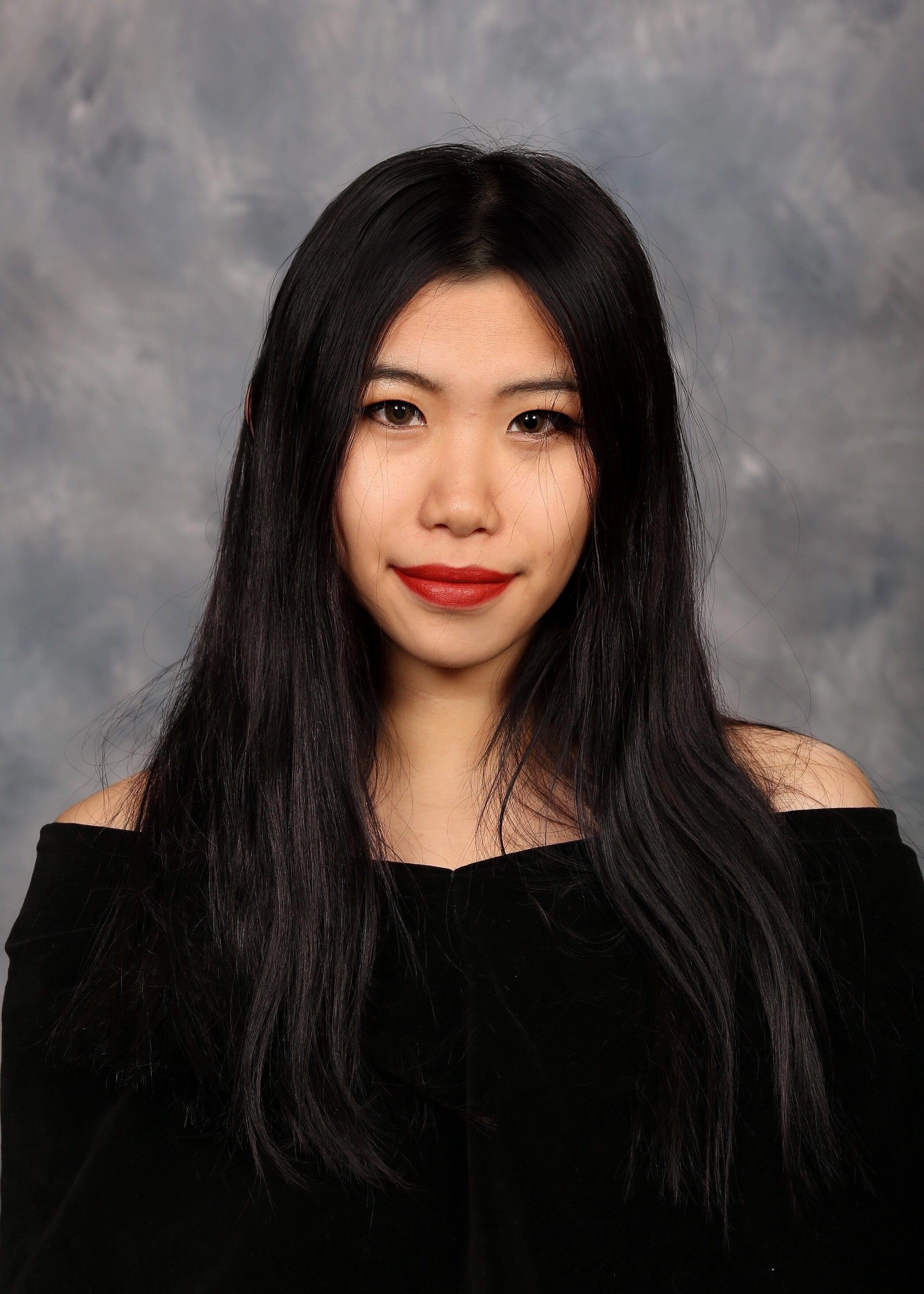
Siyu Liang
Siyu Liang is a PhD student in Political Science at the University of California, Los Angeles. Her research utilizes computational methods to study how the media shapes public opinion in the US and China. Methodologically, she is interested in text analysis, natural language processing, and social networks. Siyu received her BA in Political Science and Statistics from UW-Madison in 2021.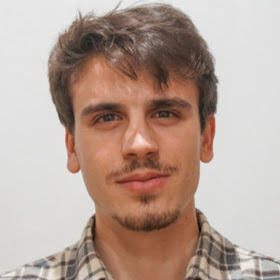
Jose Manuel Camacho Rodriguez
Jose Manuel Camacho Rodriguez is a PhD candidate at the Institute of Mathematical Sciences in Madrid. His primary research interests encompass Cybersecurity and Machine Learning, with a special focus on their applications to online misinformation, including detecting fake news and bots in social media.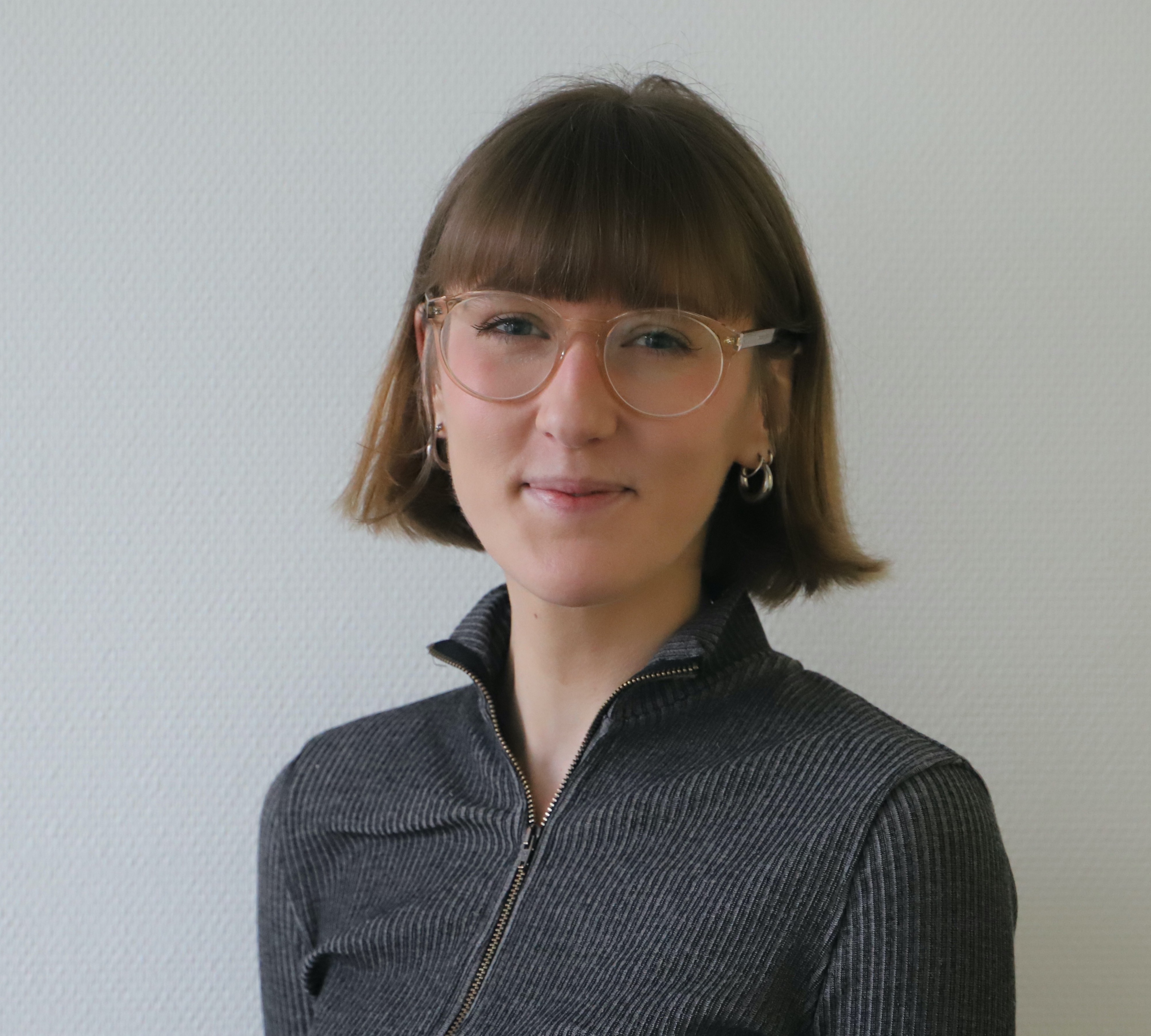
Miriam Milzner
Miriam Milzner is a research associate and doctoral candidate at Free University and Weizenbaum Institute Berlin. Drawing from Computational Social Science, she analyzes logics of digital information infrastructures and dynamics of coordinated information manipulation. Prior to the Ph.D., she received a M.A. in Communication Science and a B.A. in Communication Science, Political Science, and Economics.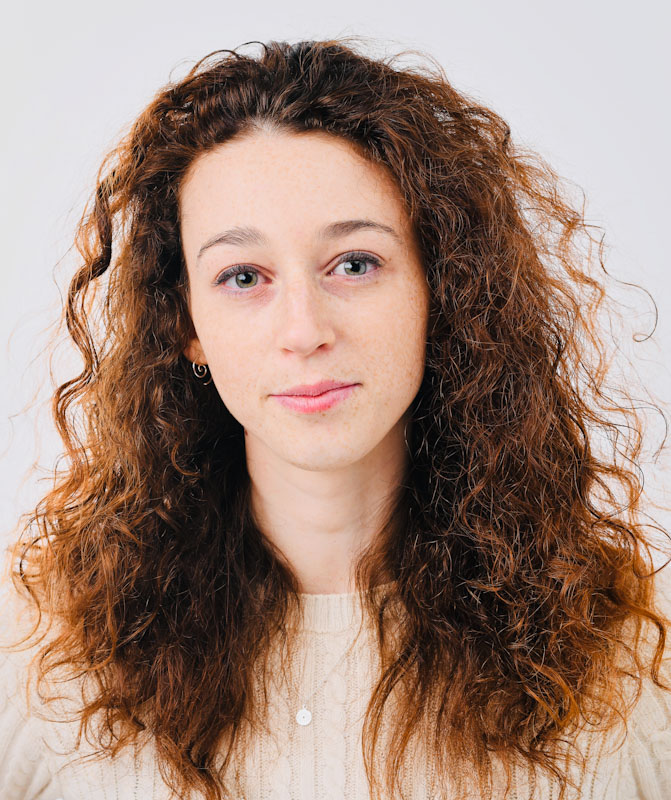
Emily Godwin
Emily Godwin is a second-year PhD student on a Cyber Security CDT programme based at the University of Bath. As a social scientist, she brings a unique yet valuable perspective to the field with an exploration of the development and dissemination of harmful conspiracy theories online.Selin Akaraci
Selin is an urban planner and public health researcher, holding a PhD in public health. She is currently a postdoctoral research fellow at Queens University Belfast, examines the relationship between built environment features and non-communicable diseases. Selin is also investigating the potential use of AI methods to semi-automate evidence synthesis.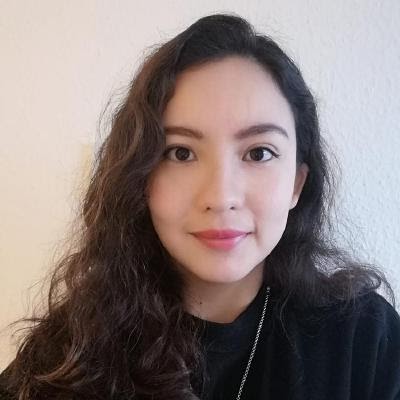
Danae Sanchez Villegas
Danae Sanchez is a PhD student at Sheffield University under the supervision of Dr. Nikolaos Aletras. Her research interests include NLP and CSS with focus on understanding the social and commercial aspects of language specifically from social media, and analysing the relationship between text and image content of social media posts. - Anna Blair.jpg)
Anna Blair
Anna is an MSc student of Digital Sociology at the University of Edinburgh. Her dissertation is examining the worlding practices of LGBTQ+ people who use Minecraft. Prior to her masters, she obtained a Bachelors of Architecture at the University of Limerick, Ireland. Her architectural research was situated in the current housing crisis. It proposed the introduction of a spatial commons to one of Ireland's most underprivileged housing estates. Anna also has contemporary art and writing practices which she will use in her future research to facilitate becoming a transdisciplinary researcher and practitioner.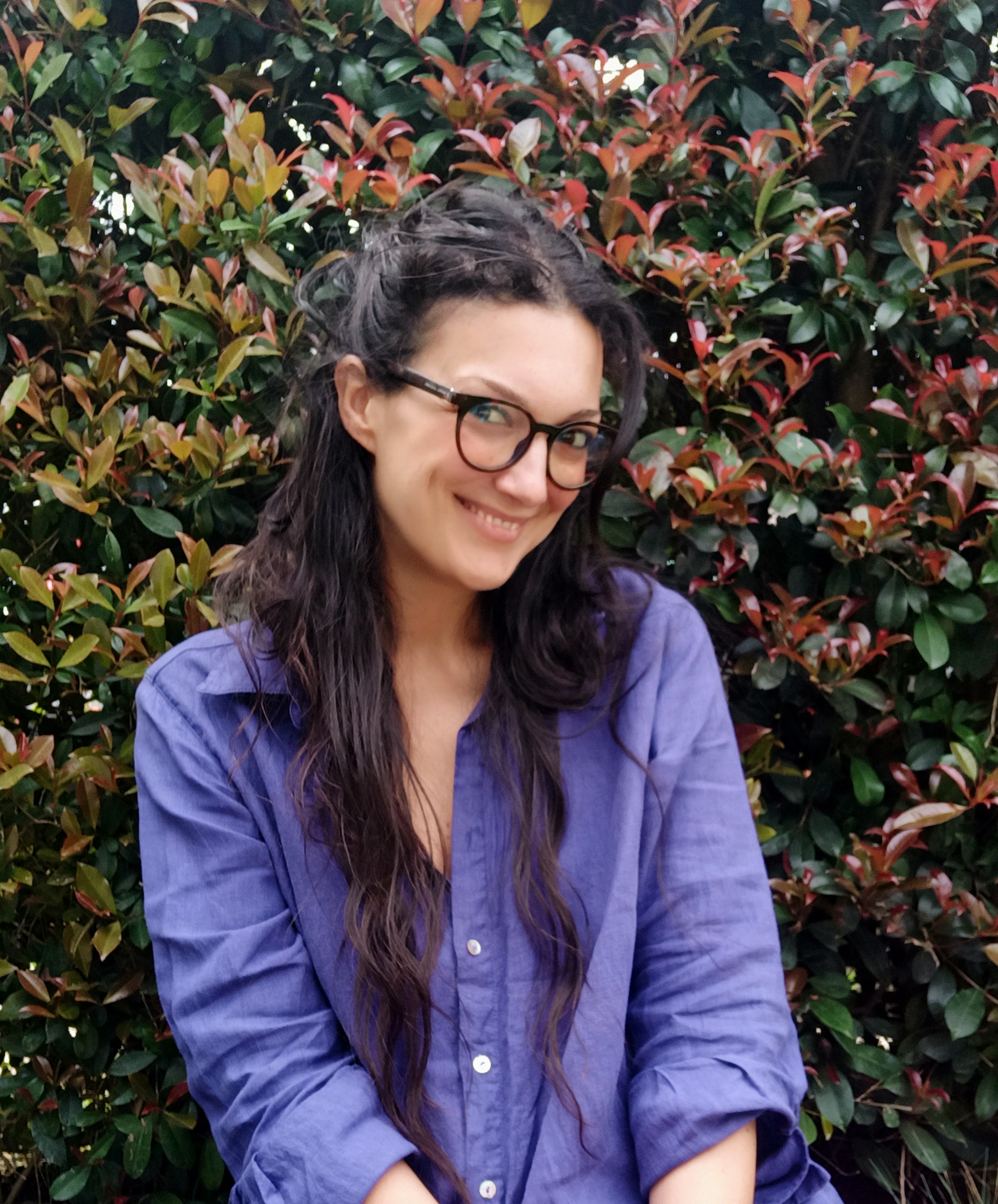
Angela Rijo
Angela Rijo holds a masters in psychology and is currently pursuing a PhD in computational social psychology. She is working as a research assistant at SPAC - Social physics and Complexity Lab. Her research interests concern how group affiliations and prior beliefs condition reasoning and decision making.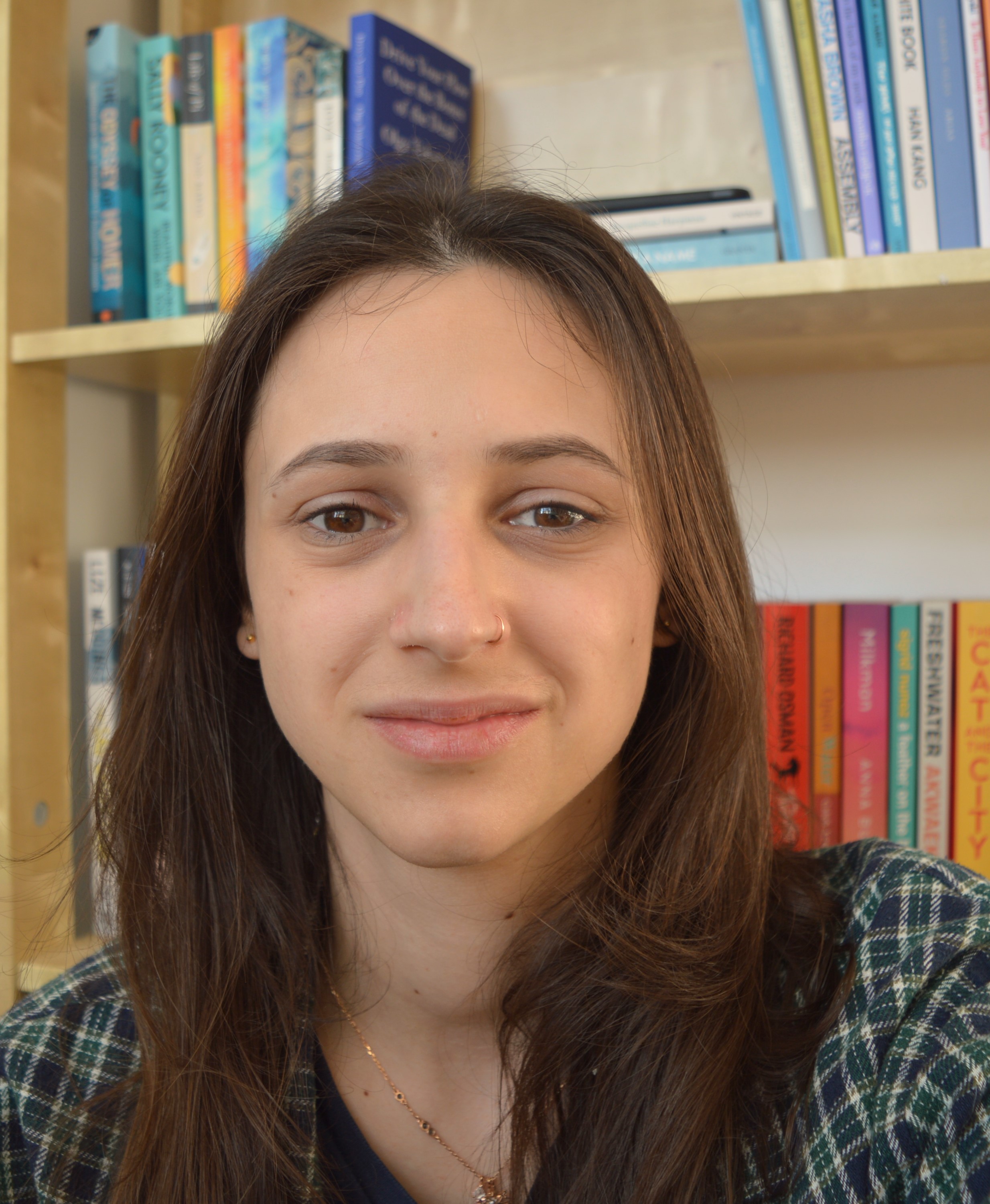
Desislava Bocheva
Dessi Bocheva is a PhD candidate at the University of Bath aiming to utilise machine learning methods to classify online communities by their represented social identities. She is interested in examining the variation of social identity membership in online groups what this means for subgroup formation and group fracturing mechanisms.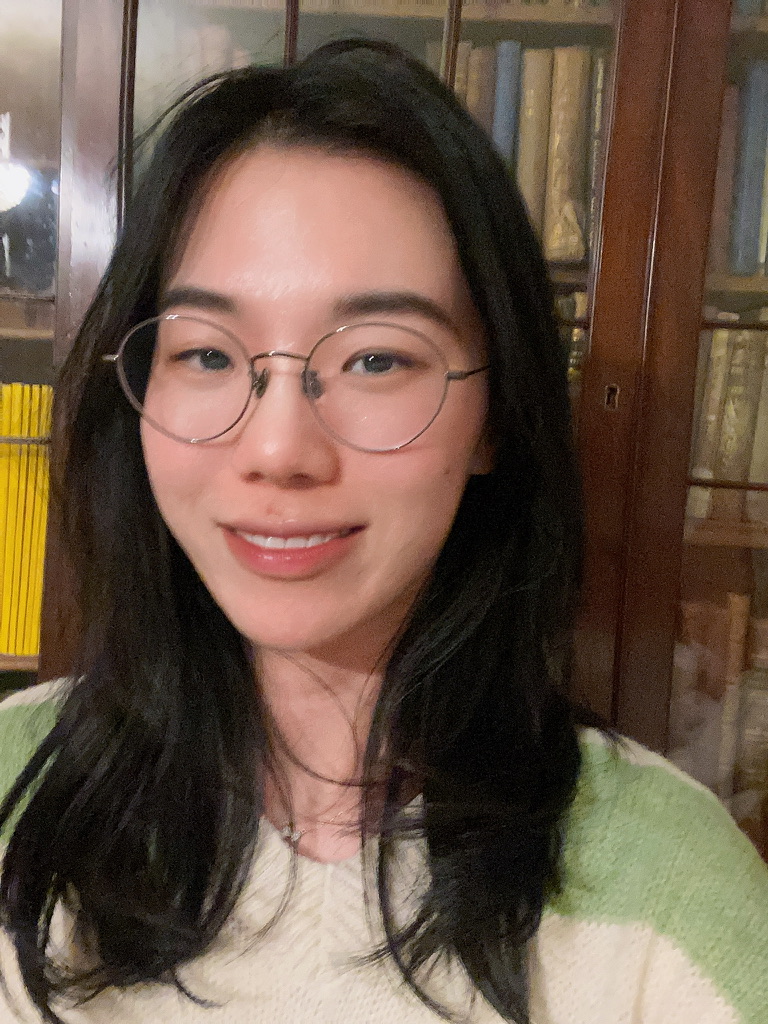
Feng Han
Feng Han is currently pursuing a PhD in Sociology at the University of Edinburgh. Her research includes political communication, social movement, and digital governance. Her dissertation research focuses on online grievances and government responsiveness in China. Her research primarily relies on computational text analysis of digital data and social media.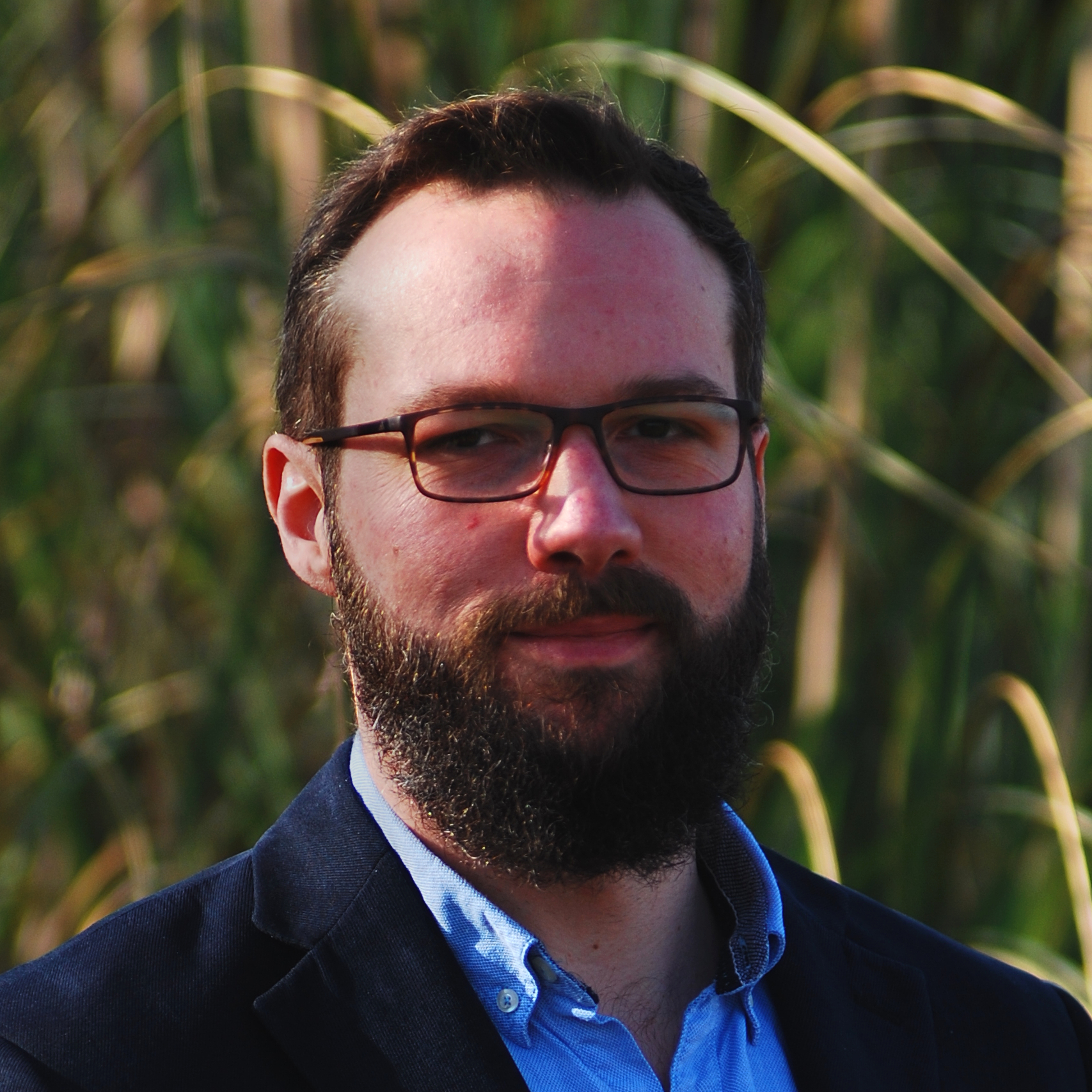
Christian Oswald
Christian Oswald is a Research Associate at the Center for Crisis Early Warning at the University of the Bundeswehr Munich, Germany. He obtained a PhD in political science from Trinity College Dublin, Ireland. His research interests are explaining and predicting political violence and instability using quantitative and computational methods.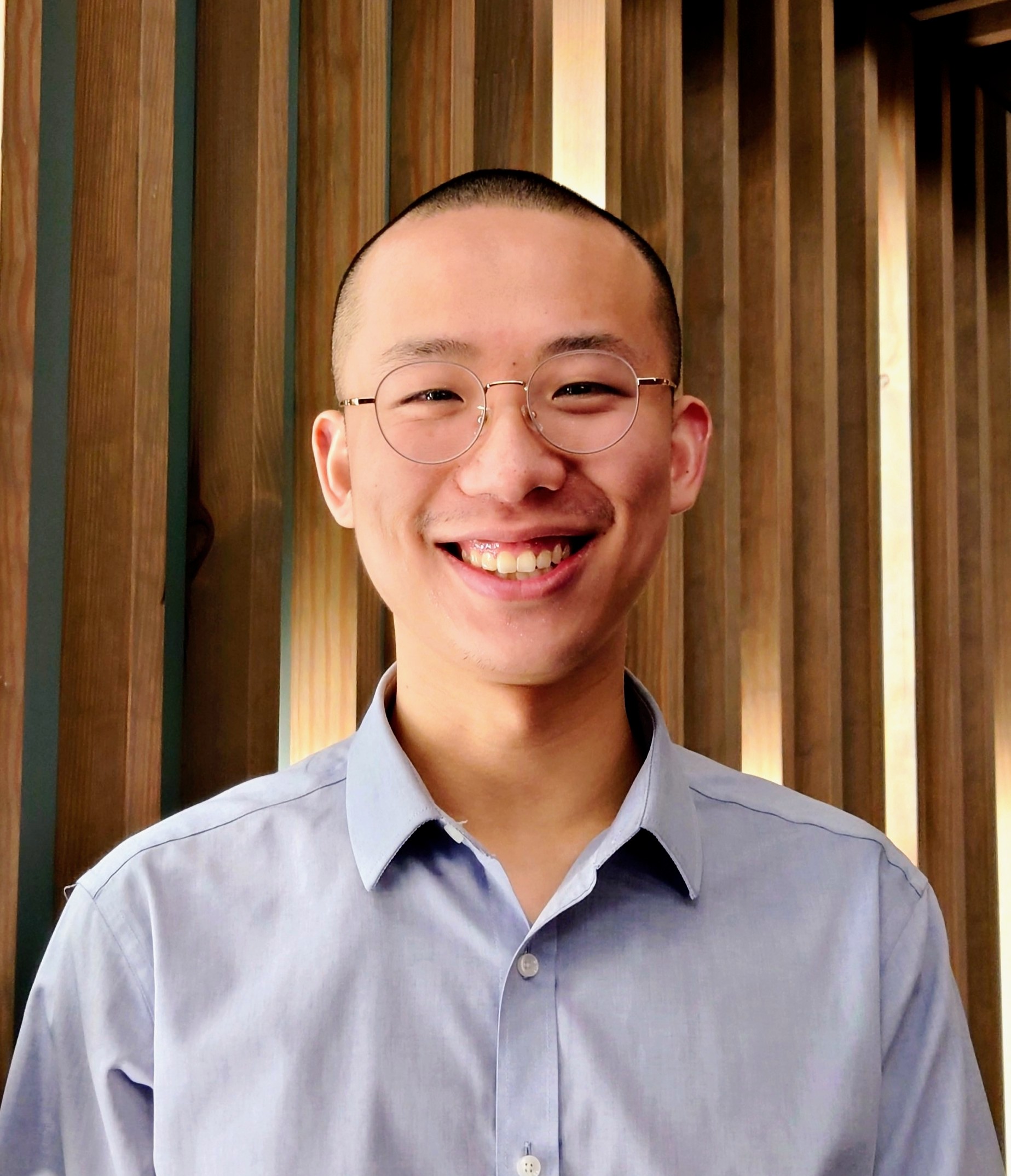
Enming Kang
Enming Kang is a postgraduate student studying digital sociology at the University of Edinburgh. He has conducted research on exploring the motivations of people consuming digital products in games. He is also interested in social media platforms and their algorithms, misinformation online and identity politics.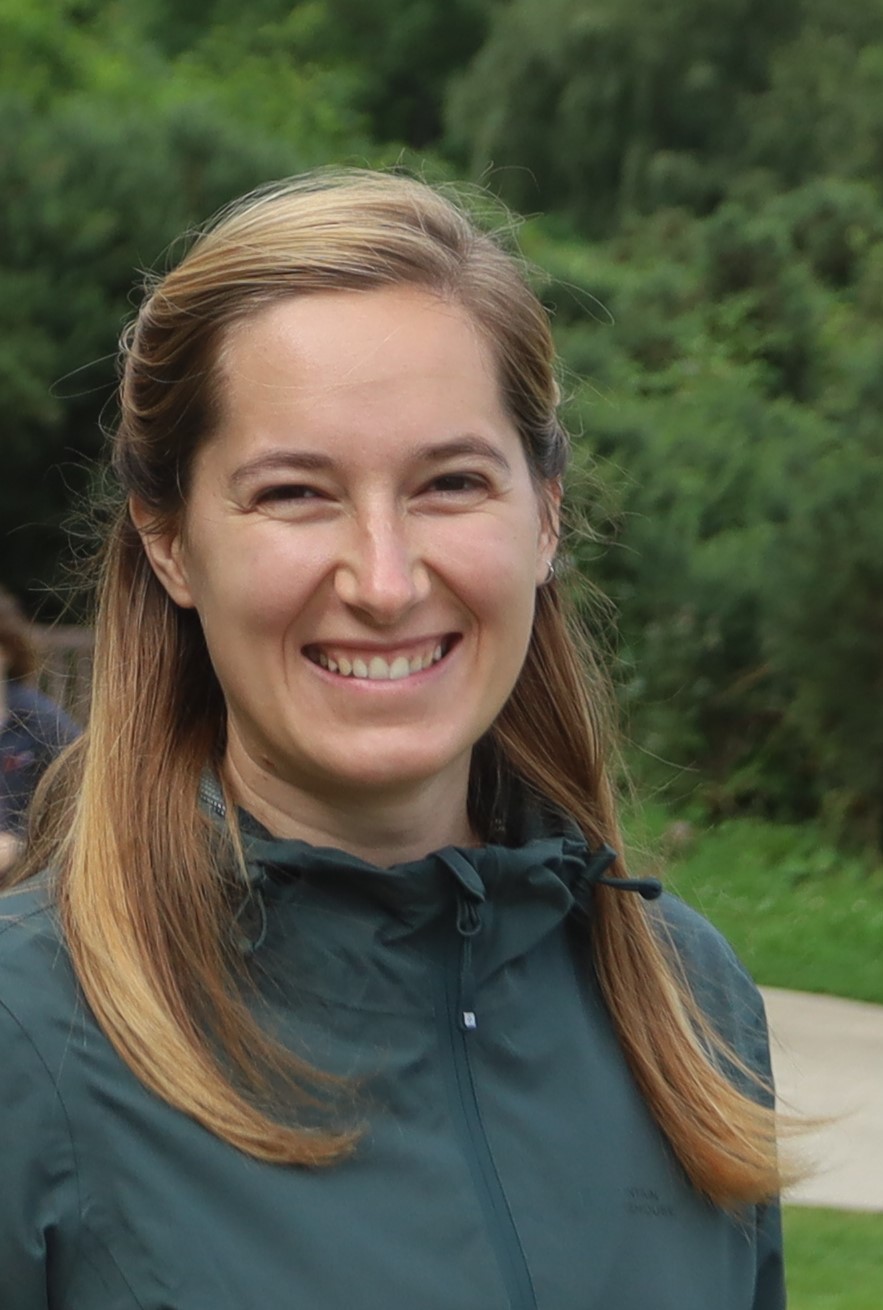
Costanza Marconi
Costanza Marconi is a post-doctoral researcher in the Department of Economics at University of Bergamo (Italy). Her research interests include the application of machine learning and computational methods in public economics and public finance. Her work so far has been focused on health, local policy-making and social capital formation. Costanza holds a MSc in economics from University of York and a double MSc in international politics and economics jointly from the Catholic University in Milan and the Martin-Luther-Universität in Halle-Wittenberg. She is currently in the last leg of her PhD journey, waiting to defend her thesis on the relation between health and migration in the UK and Germany.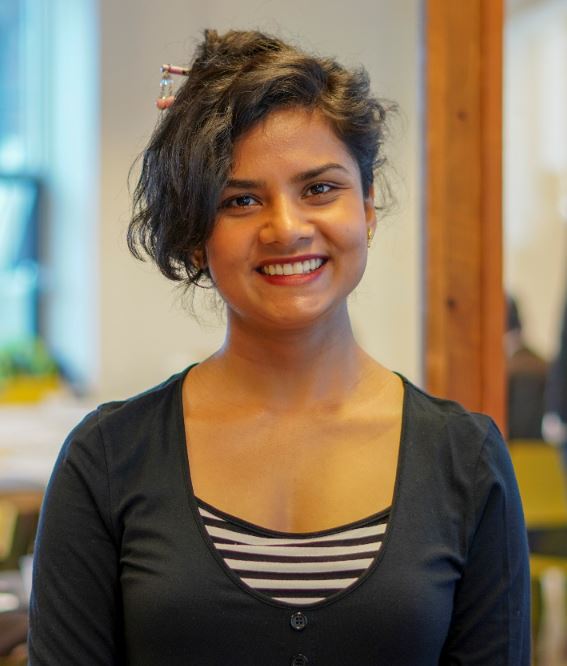
Manu Singh
I am a doctoral candidate at Columbia University in the Political Science department. Before this, I was a Research Specialist II at the Empirical Studies of Conflict group at Princeton University. I have also consulted at UN OCHA Centre for Humanitarian Data as their predictive analytics fellow. I got my Master of Arts degree from Columbia University in Applied Statistics with a Data Science Concentration. My research interests include social media, political communication, electoral politics, geospatial data analysis, bayesian statistics, causal inference, and machine learning.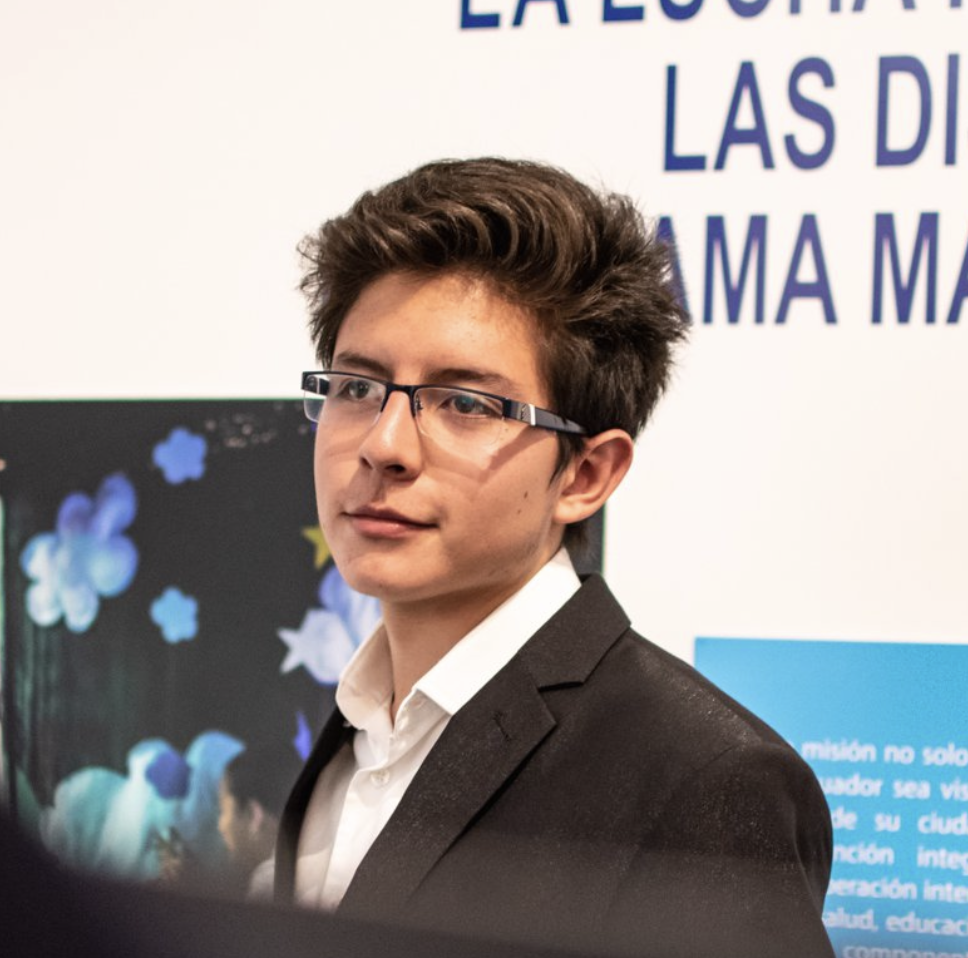
Bernardo Villegas
Bernardo is a Data Scientist and Sociologist, He is an MSc student at the University of Edinburg and broadly interested in social data science, computational social science, especially in Natural Language Processing and ML interpretability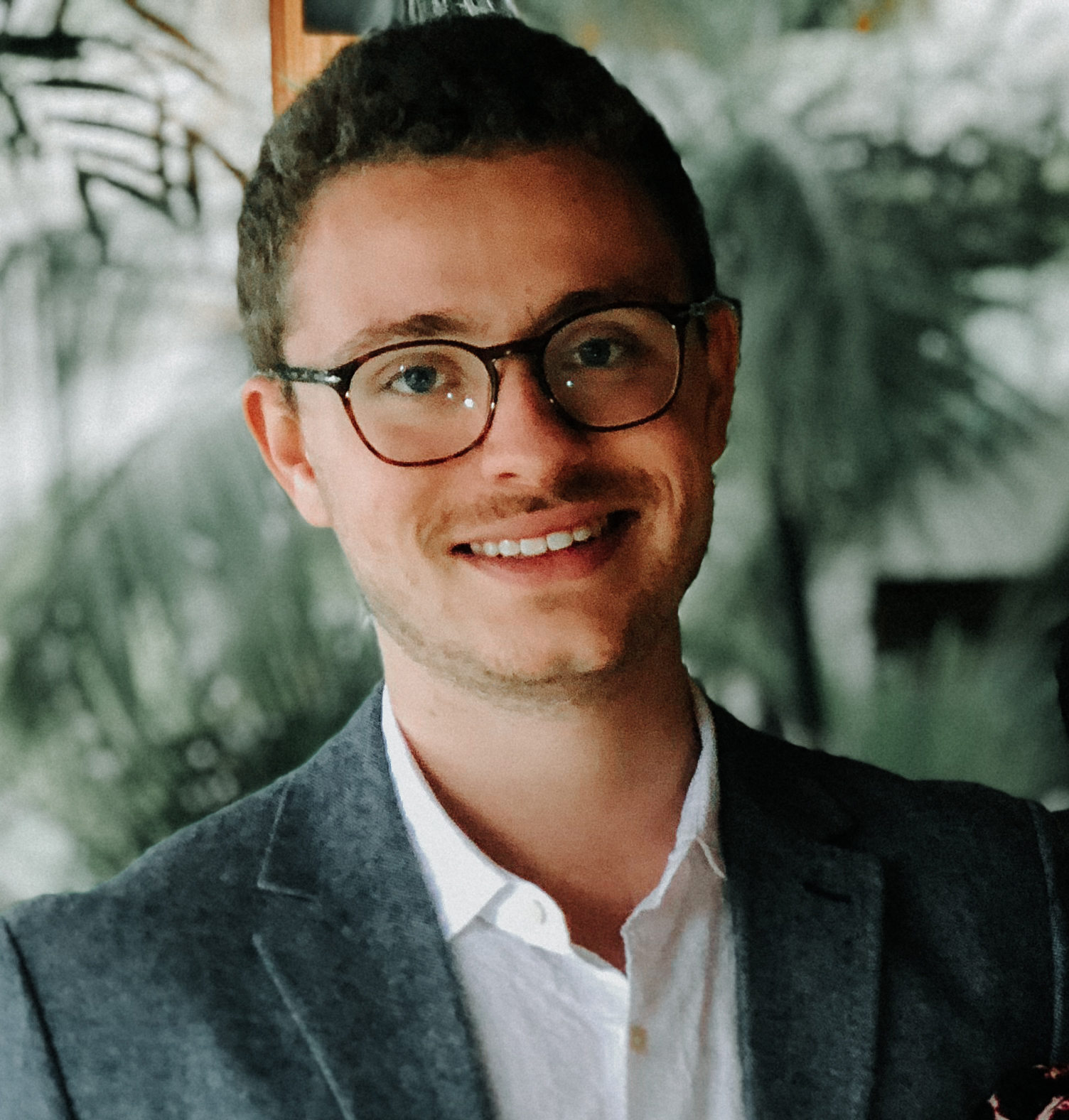
André Kupfermann Rodarte
André is a second-year PhD student at the University of Texas at Austin (School of Journalism and Media). He holds an MPhil in the Sociology of Media and Culture (St. Edmund’s College, University of Cambridge) and an undergraduate degree in Social Communication (ESPM, Brazil). He is a graduate research fellow of the Propaganda Research Team at the Center of Media Engagement. His research interests include political representation, media sociology, and computational propaganda, with an empirical focus on Latin America.
Humeyra Biricik
Humeyra Biricik is a Doctoral student in Politics at the University of Oxford. Her research interests include the interactions between political Islamists and Naqshbandi tariqas in Turkey, the role of women in Turkish politics, as well as the evolution of political rhetoric used by right-wing Turkish political party leaders.
Selin Akaraci
Selin is an urban planner and public health researcher, holding a PhD in public health. She is currently a postdoctoral research fellow at Queens University Belfast, examines the relationship between built environment features and non-communicable diseases. Selin is also investigating the potential use of AI methods to semi-automate evidence synthesis.